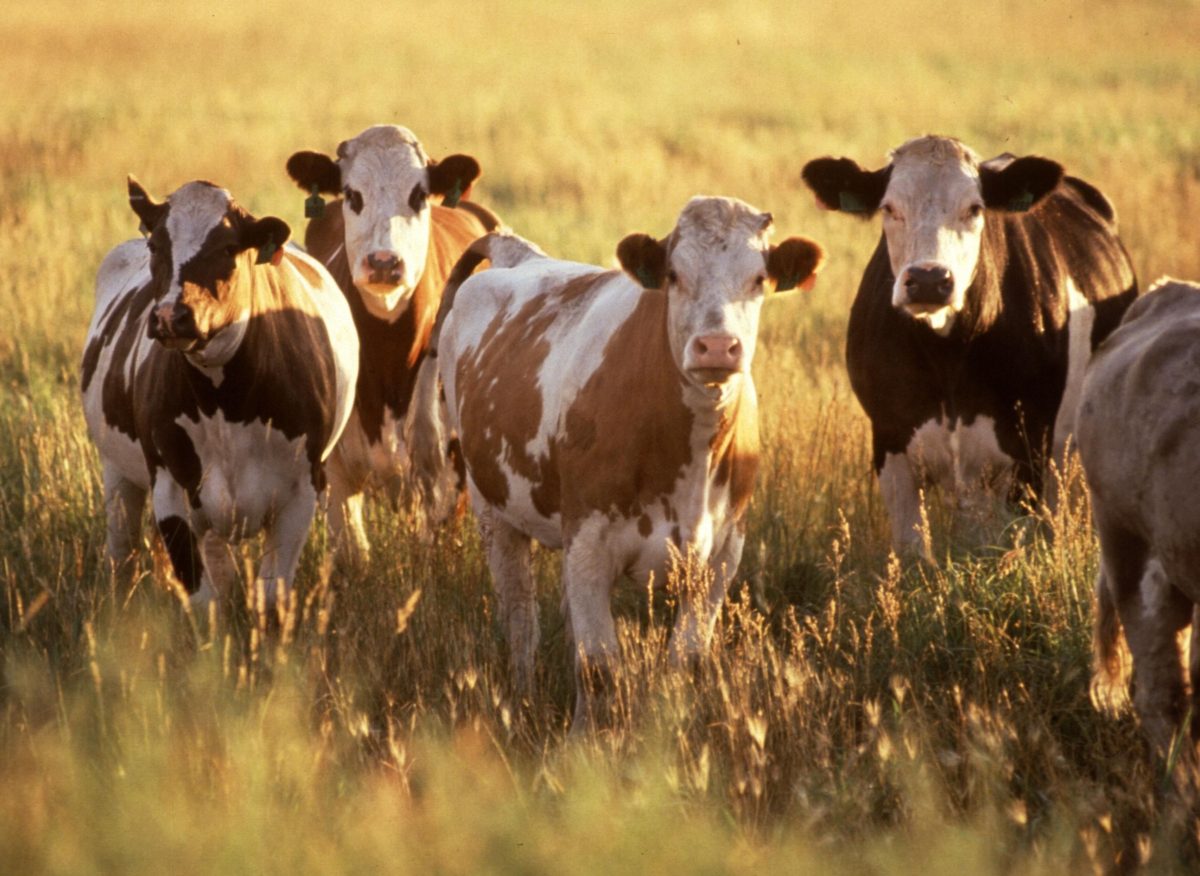The National Animal Welfare Advisory Committee (NAWAC), the independent ministerial advisory committee on animal welfare, is calling for feedback on a new draft code of welfare for dairy cattle.
NAWAC has reviewed the existing code of welfare for dairy cattle and is consulting on updated minimum standards and recommendations for best practice.
The objective is to lift the codes to address changes in good practice, available technology and science, and the explicit recognition of sentience in the Animal Welfare Act. It is also consulting on recommendations for regulations.
“The existing code of welfare has gone a long way towards ensuring good animal health and welfare outcomes for our dairy cattle, but we wanted to review the code to ensure it remains fit for purpose,” NAWAC chairperson Dr Gwyneth Verkerk said.
“Our standards of welfare need to keep pace with changes in scientific knowledge and good practice, available technology, and what matters to the public.”
The main proposed changes in the draft code relate to body condition score, intensive winter grazing, shelter, provision of lying surfaces and limiting time on hard surfaces, calf rearing and end-of-life management.
NAWAC is proposing regulations to prohibit the use of electrified top and backing gates and all types of electro-immobilisation devices, as well as regulations to address issues associated with intensive winter grazing and the transport of end-of-life dairy cattle to slaughter.
In addition to seeking views from dairy farmers and others affected by the changes, NAWAC is encouraging views from animal advocates and the general public.
“The committee wants to seek wider views on the proposed changes to the code of welfare, along with the associated regulations, to ensure a code of welfare that is practical and delivers good animal welfare outcomes,” Dr Verkerk said.
Consultation opened on 28 April and closes on 9 June 2022.
Source: Ministry for Primary Industries












